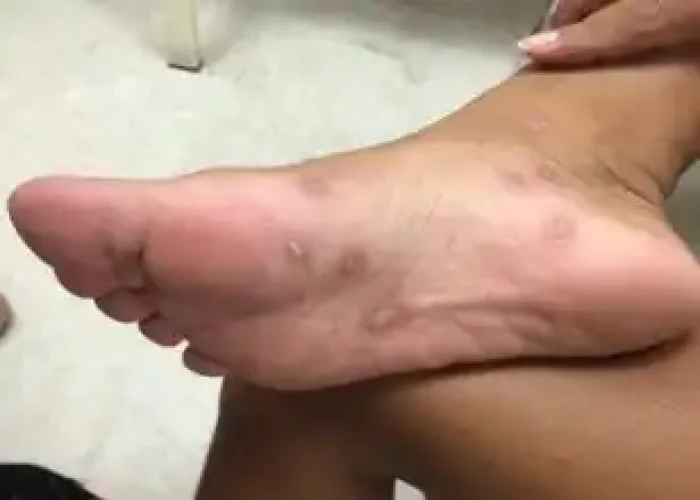 Welcome
Welcome
“May all be happy, may all be healed, may all be at peace and may no one ever suffer."
- A
- B
- C
- D
- E
- F
- G
- H
- I
- J
- K
- L
- M
- N
- O
- P
- Q
- R
- S
- T
- U
- V
- W
- X
- Y
- Z
Boil - Yoga remedies
A boil, also known as a furuncle, is a painful, pus-filled lump that develops on the skin, usually caused by a bacterial infection. Boils typically start as red, tender bumps that gradually grow larger and harder as they fill with pus.
Boils can occur anywhere on the body, but are most commonly found on the face, neck, armpits, buttocks, and thighs. They are usually caused by Staphylococcus aureus, a type of bacteria that commonly lives on the skin and in the nose.
Risk factors for developing boils include having a weakened immune system, poor hygiene, and close contact with someone who has a boil. Boils can also occur as a result of an ingrown hair, a splinter, or a cut or scrape on the skin.
Treatment for boils typically involves applying warm compresses to the affected area to help bring the boil to a head and drain the pus. In some cases, antibiotics may be necessary to treat the infection. If the boil is particularly large or painful, a doctor may need to drain it surgically.
Prevention of boils involves practicing good hygiene, avoiding sharing personal items like towels or razors, and treating any cuts or scrapes on the skin promptly to prevent infection.
In rare cases, boils can lead to more serious complications, such as sepsis, a potentially life-threatening condition caused by the spread of infection throughout the body. If you have a boil that is accompanied by a fever, severe pain, or other symptoms, it is important to seek medical attention right away.

Bad thought

Muscle weakness

Ulcers

Syphilis

Urinary stones

Seasons are irregular

Ripe hair and beard

Polyuria
Boil, ফোঁড়া
To be happy, beautiful, healthy, wealthy, hale and long-lived stay with DM3S.